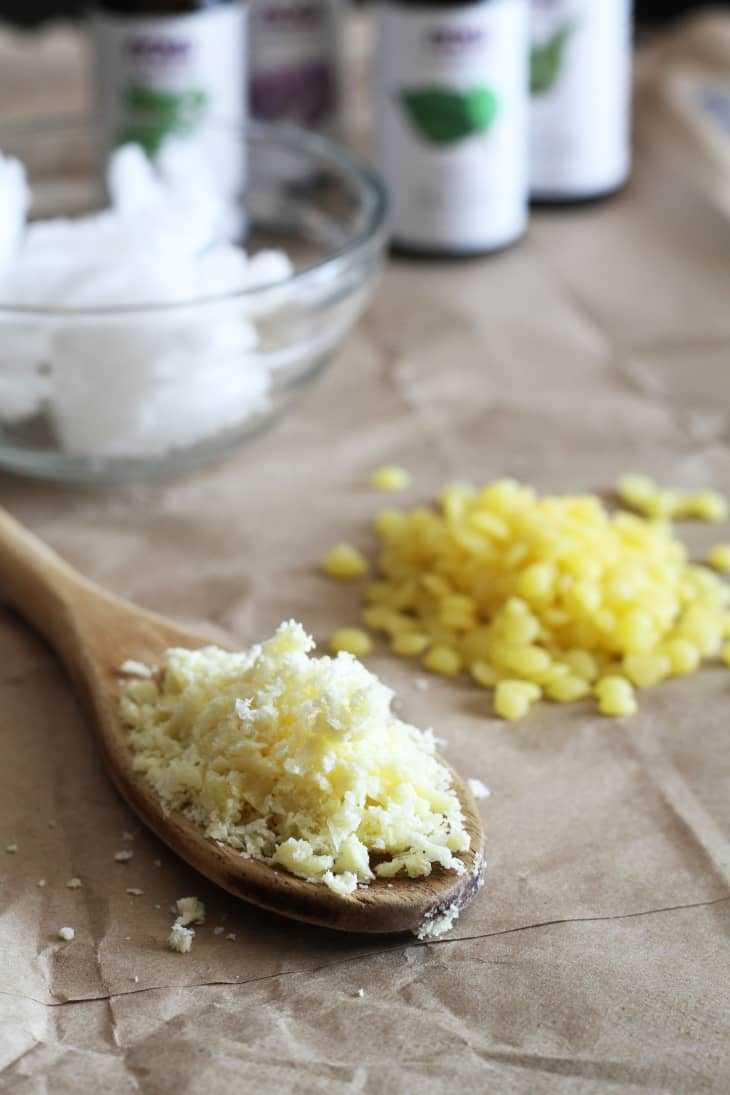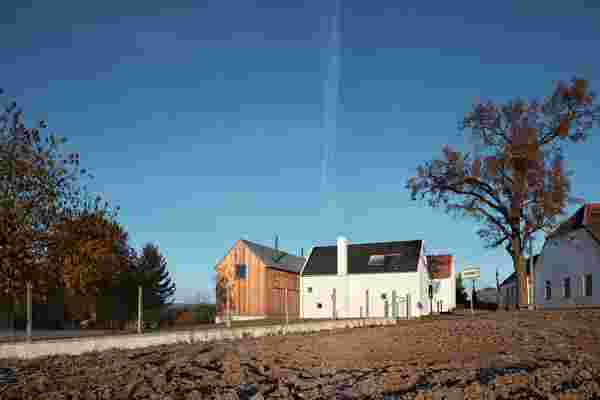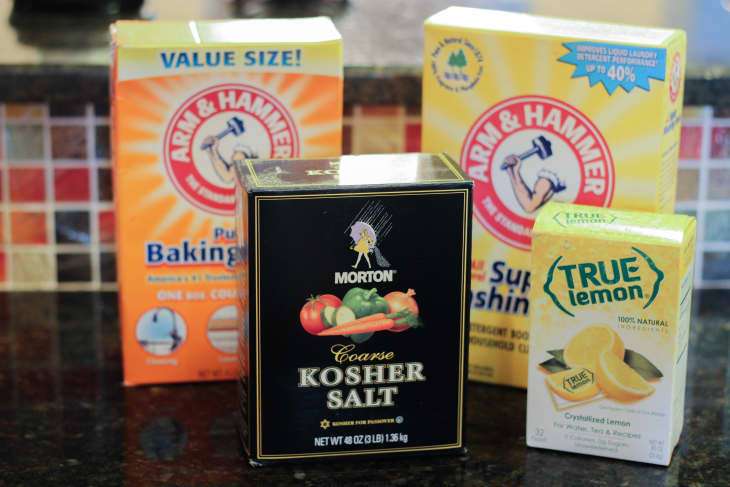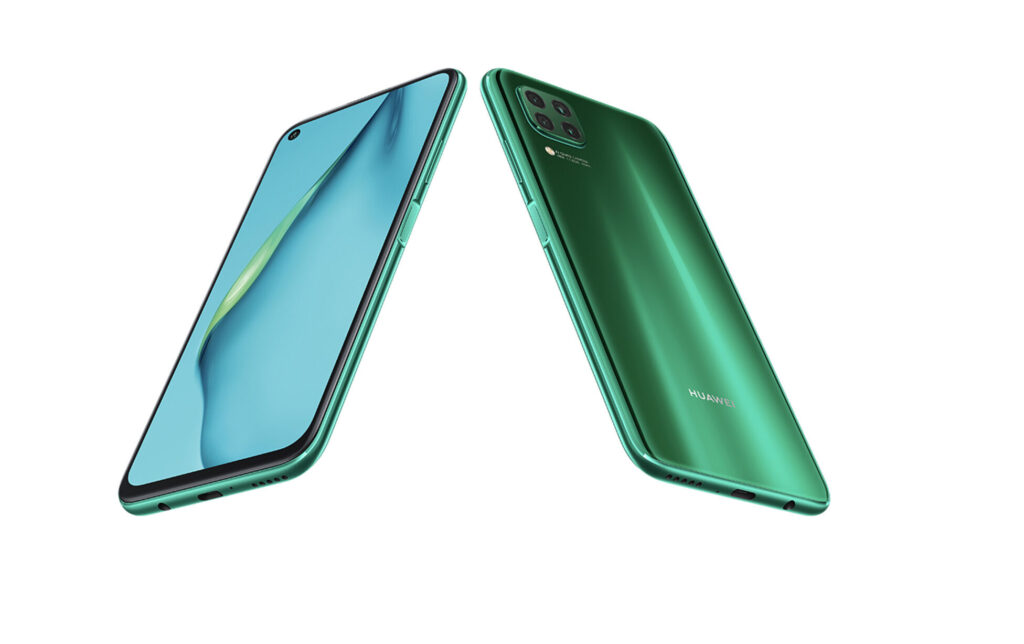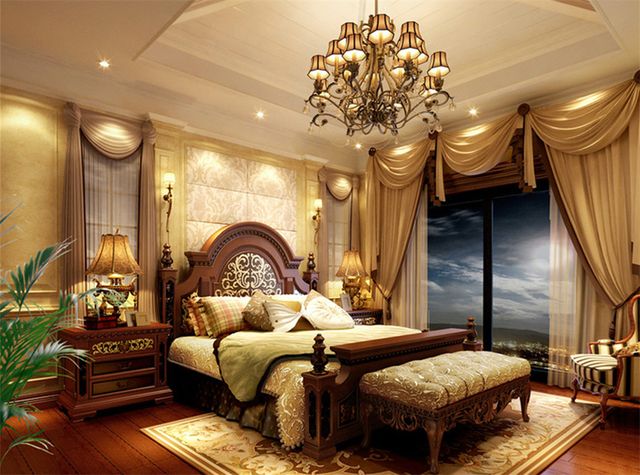
What is LVP flooring? This is mainly because EVP (ethylene vpolymer) vinyl plank planks are made from only a single sheet of PVC. It also has a clear protective coating that not only shields the floor from scratches, but it also guards the subfloor from wear and tears. This means that your floor will last longer than usual, and if you have pets, your pets can't jump on your hardwood floor. If you need more information, this article will help.
You may ask, what is LVP flooring anyway? LVP (odium silicate hydroxide) is actually a type of material called polyvinyl chloride, or sometimes referred to as low moisture polyvinyl chloride. This kind of material is used for its resilience, which makes it ideal for people who want long-lasting flooring material. This is the reason why some call it luxury vinyl plank flooring, or even luxury vinyl plank floors. If you need more information about this kind of material, you might be interested to know that it's been in the business for over one hundred years already, so it's one of the longest-running industrial products in the world.
There are two main reasons why people choose lVP flooring, which is EVP and non-evp. One is that they don't want to pay for bonded and engineered hardwood flooring installation, which can be quite expensive. The second is that bonded flooring usually requires an extra garage, which can be a problem in some neighborhoods. Non-evp flooring on the other hand, don't need extra garages, and they are much easier to install. In addition, if you have an area that experiences a lot of wear and tear like bathrooms and kitchens, non-evp flooring is often recommended. On the other hand, if you have uneven floors or some types of stone, bonded laminates may be your best option.
What is LVP flooring? In order to answer this question, you first need to understand what it actually is. Basically, it's a composite material consisting of many different elements, most commonly chipboard and vinyl. It's important to note that this composite does not contain any wood at all; it's purely a manufactured composite substance. The interesting thing about this product is that it's been in existence for a very long time, and although there have been concerns about its long term durability, recent research shows that this type of flooring does in fact have a lifespan of up to fifteen years, which is surprisingly long when you consider its cost.
Now that we know what it is, let's discuss some of the pros and cons of this flooring product. To begin with, what is LVP flooring, in actuality, is a composite material comprised of several layers. The base layer is what's commonly known as the 'base' layer, which consists of a rubber compound, which has properties similar to epoxy. This base layer provides the protection from water and what is commonly referred to as a non-skid surface. The epoxy layer on the other hand provides additional strength, stain resistance, and anti-static properties.
In addition to what is already described above, what is also commonly found in these flooring products is a layer of an anti-static agent, usually silicon-based. This helps to prevent electrical charges from flowing through the flooring, which is common in engineered vinyl plank floors. It can also help to reduce sound levels coming from underneath the floors, which is especially beneficial in homes with children. Additionally, this agent also prevents moisture from getting into the subfloor, which can be an issue if the subfloor is located in areas where there are a lot of changes, such as bathrooms and kitchens.
So now that we've discussed a little bit about what is LVP flooring, it is time to talk about how it differs from regular flooring products, as well as what makes them superior. The primary difference between this type of flooring and traditional flooring is that it uses what is known as a rigid core, rather than a flexible core. With a rigid core, the layers are locked together using a polystyrene polymer, rather than a vinyl planar layer. As a result, the product is better able to withstand what is commonly seen as normal wear and tear, and it will not become damaged easily.
The other difference that can be seen between what is LVP flooring and other types of flooring products, is the fact that it does not use a bonded surface. This is due to the way that the rigid polymer vinyl chloride material is installed. Instead, the installation process consists of interlocking each board into place with a lock pieces, rather than the traditional glue and nail system. It also uses a special interlocking tape that locks the boards together, without the use of nails or glue. This special tape makes the installation process easier and can be used over again.

